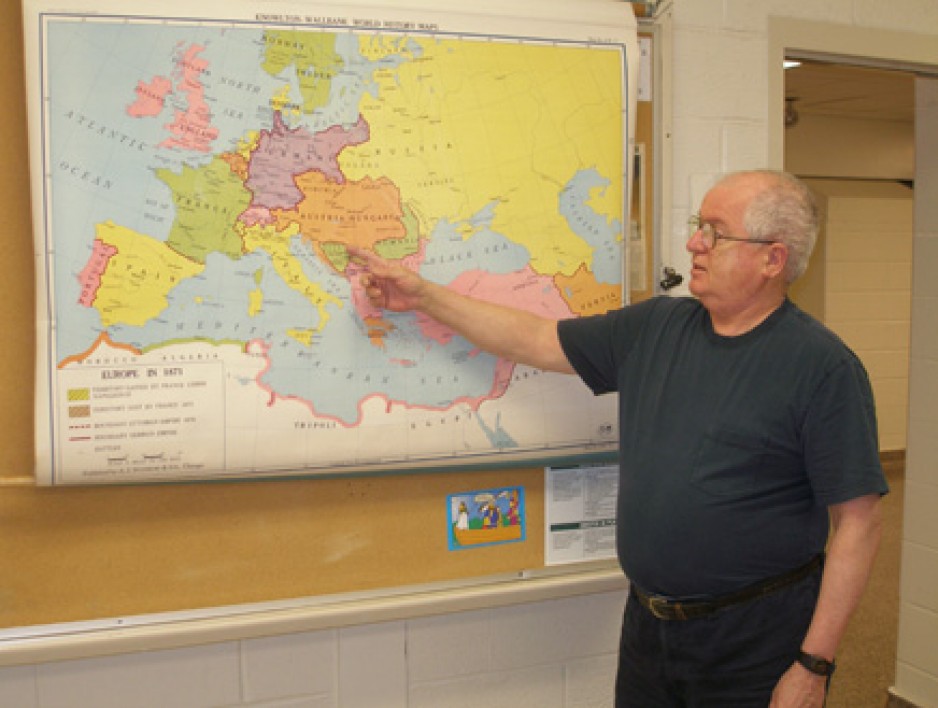Helping brain injury patients get more out of life
Tom Ward thought he was healthy but his personality changes and sleep disturbances raised warning flags for his wife Elke. Despite his protests, she accompanied him to his doctor where she shared her concerns.
After Tom failed a short-term memory test, he was referred to a neurologist who ordered a CT. The test results revealed Tom had meningioma – a tumour that grows on the surface of the brain or spinal cord.
Tom underwent surgery on a Monday and by Saturday amazed his friends by coming to their regular Saturday morning rendezvous for breakfast. With his recovery progressing well, Tom assumed his life would quickly return to normal. That was not to be.
When Tom returned to his job teaching high school in Sarnia, the long day depleted his energy. He would fall asleep as soon as he got home, wake up just long enough to eat, then fall back to sleep again. Tom thought this behaviour was normal, but Elke recognized the toll it was taking on their family life. With Elke’s encouragement, Tom met with the school principal who agreed to reduce his teaching hours by two-thirds.
To help Tom develop strategies to be successful in his family, community and work life, the couple attended a community education session in Sarnia where they learned about Parkwood’s brain injury outreach program. Since then, Tom has worked with Kelly Williston Wardell, a clinical consultant with the program, who travels to Tom’s home in Grand Bend to help him develop strategies to compensate for the lingering effects of his brain tumour.
“Kelly is like a guardian angel,” says Tom. “Elke and I are so appreciative of her help. If I get bogged down with a task she helps me fi nd solutions.” Kelly has been involved with a range of Tom’s projects from developing a plan to organize a barn full of items to lining up volunteer opportunities.
“Tom is continuing to enjoy his interests and activities by using strategies like sticky notes, an iPod touch, and lists to compensate for his short term memory challenges,” says Kelly. She adds that the support of Tom’s family plays a key role in his continuing recovery, which Tom says he has now come to realize is a lifetime process.
